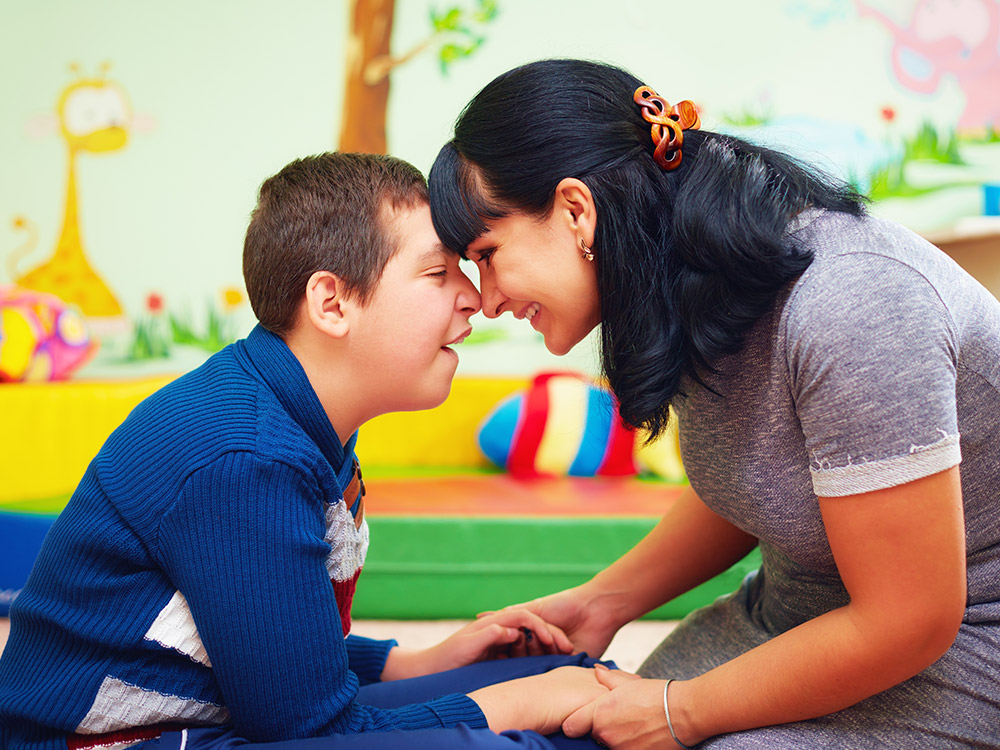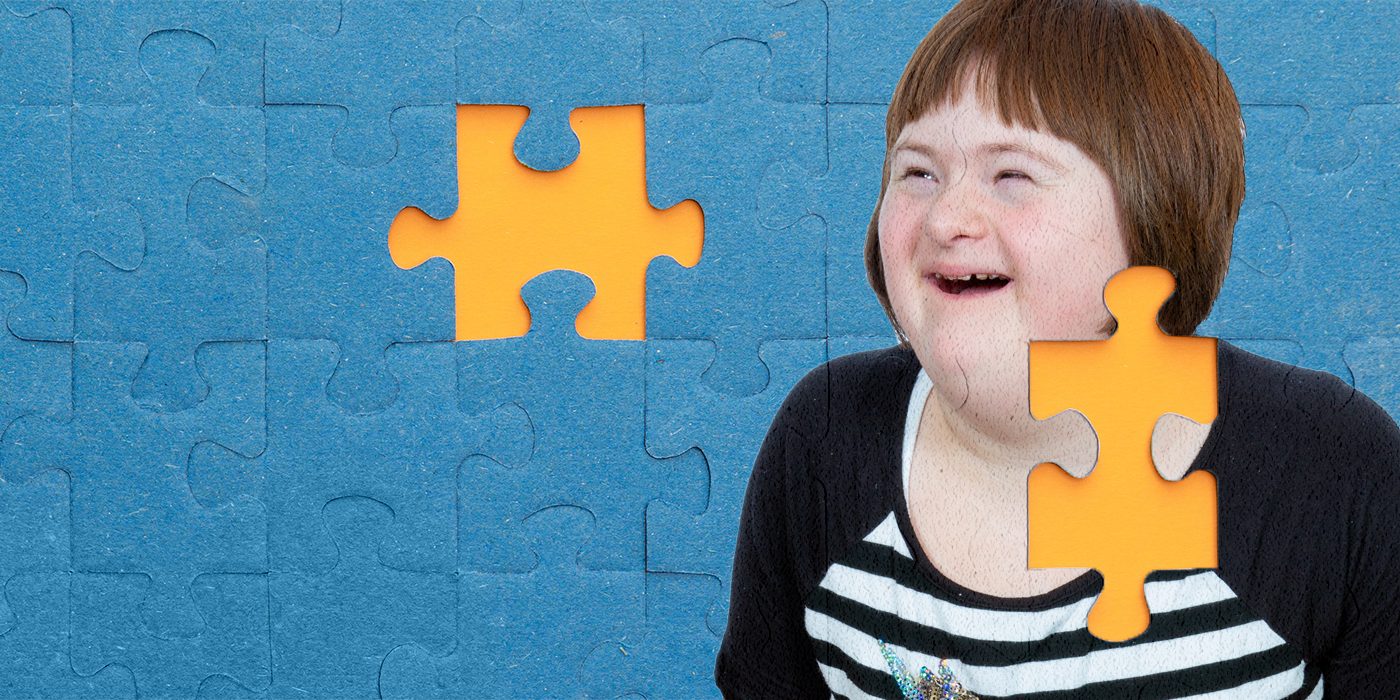Comprehending the Spectrum: A Comprehensive Overview to Autism Awareness
Comprehending the Spectrum: A Comprehensive Overview to Autism Awareness
Blog Article
Recognizing Autism: A Comprehensive Overview to Signs And Symptoms and indications
Autism Spectrum Disorder (ASD) includes a vast range of attributes that can significantly impact an individual's social communications and daily functioning. Comprehending these subtleties not only aids caretakers and educators in offering ideal support however additionally cultivates a more inclusive atmosphere for people with ASD.
Introduction of Autism Range Disorder
Specifying Autism Range Problem (ASD) involves recognizing it as a complicated neurodevelopmental problem characterized by a series of difficulties in social communication, interaction, and behavioral patterns. The term "range" shows the vast irregularity in signs and symptoms and their extent, which can vary dramatically from one person to one more. ASD normally shows up in very early youth, although some individuals may not obtain a medical diagnosis till later on in life.
Aspects affecting the advancement of ASD include ecological aspects and hereditary tendencies, although the exact reasons continue to be under investigation. Diagnosis often counts on behavior evaluations, as there are no definitive medical tests for ASD. Early treatment is essential and can significantly enhance outcomes, concentrating on improving interaction skills, social communications, and flexible habits.
People with ASD might also exhibit distinct staminas, such as extraordinary focus to detail or specific areas of competence. Understanding the complex nature of ASD is important for cultivating an inclusive atmosphere that accommodates neurodiversity. Continued study is vital for establishing reliable interventions and support group, enabling individuals with ASD to prosper and fulfill their prospective within culture.
Common Signs of Autism
Acknowledging the usual signs of Autism Spectrum Condition (ASD) is essential for early identification and treatment. These indicators can differ widely in seriousness and discussion, yet certain qualities are often observed in people with ASD.
Among one of the most prevalent signs is a marked problem in developing and keeping eye contact. Individuals may also exhibit restricted rate of interest in social communications and reveal a choice for singular play. Repetitive habits, such as hand-flapping, shaking, or spinning items, usually emerge early in childhood years. Additionally, some kids may establish stringent regimens and come to be troubled if these regimens are interfered with.
Sensory sensitivities are additionally usual; people may underreact or panic to sensory stimulations, such as structures, sounds, or lights. autism. Language development can be irregular, with some kids displaying postponed speech or utilizing language in unusual ways, consisting of echolalia-- repeating phrases or sentences listened to elsewhere
It is vital to note that not every person with ASD will certainly show all these indications, and the degree of these behaviors can differ dramatically. Early recognition enables for timely support and resources, improving the lifestyle for those on the range.
Social Interaction Difficulties
Social communication obstacles are a hallmark of Autism Range Problem (ASD), impacting an individual's capacity to involve successfully with others. These troubles can manifest in various methods, consisting of difficulties in launching and maintaining conversations, recognizing social cues, and responding appropriately in social communications.
People with ASD may fight with nonverbal interaction, such as eye call, faces, and body language. This can cause misconceptions, as their communicative intent may not be correctly translated by others. They might discover it hard to grasp the nuances of tone and context, which are important for reliable interaction.
In team setups, people with ASD might really feel overloaded and might not recognize how to join in conversations (autism). They might also exhibit atypical conversational patterns, such as monologuing about particular rate of interests without identifying social reciprocity
In addition, these obstacles can cause social seclusion or troubles in creating partnerships, as peers may misinterpret their behavior or communication style. Understanding these social communication difficulties is essential for fostering encouraging settings that promote social skills development and boost the high quality of interactions for individuals on the autism range.
Sensory Level Of Sensitivities and Reactions
Several people with Autism Spectrum Problem (ASD) experience increased sensory sensitivities that can significantly influence their lives. These sensitivities might manifest as over-responsiveness or under-responsiveness to sensory stimulations, including audios, lights, appearances, tastes, and scents. A person with ASD might discover day-to-day sounds, such as a vacuum cleaner or crowded environments, overwhelmingly upsetting, leading to anxiety or meltdowns. On the other hand, some might exhibit an indifference to discomfort or extreme temperatures, which can position security problems.
Sensory processing differences in individuals with ASD can also influence their capability to participate in routine activities and social official source interactions. As an example, a kid that is delicate to touch may stand up to physical affection or prevent specific garments materials. Additionally, a choice for specific appearances or tastes can restrict dietary choices and develop obstacles during nourishments.
Understanding these sensory level of sensitivities is essential for acknowledging the one-of-a-kind experiences of individuals with ASD. Understanding of their sensory profiles can promote much better communication and assistance approaches, producing an environment that suits their needs and improves their high quality of life. Eventually, recognizing sensory level of sensitivities is an essential component of understanding the wider range of autism.

Supporting Individuals With Autism
Effective assistance for people with Autism Spectrum Problem (ASD) is important for boosting their total well-being and fostering independence. Support approaches must be customized to fulfill the special requirements of each individual, considering their difficulties and strengths.

Social abilities training can additionally play a crucial duty. autism. Involving people in group activities or role-playing scenarios More Bonuses can boost their capacity to navigate social interactions. Additionally, it is vital to educate family participants, caretakers, and peers about ASD to foster a helpful and inclusive area
Verdict
Finally, an extensive understanding of Autism Spectrum Problem is necessary for acknowledging its signs and signs. Early recognition of typical qualities, such as social interaction difficulties and sensory sensitivities, makes it possible for instructors and caregivers to implement efficient interventions. By promoting improved interaction and social skills, people with autism can navigate their atmospheres much more effectively. Eventually, raised awareness and assistance can dramatically boost the high quality of life for those influenced by ASD.
Autism Range Disorder (ASD) includes a large array of qualities that can dramatically impact an individual's social communications and day-to-day performance.Individuals with ASD may have a hard time with nonverbal interaction, such as eye call, face expressions, and body language.Many individuals with Autism Spectrum Condition (ASD) experience increased sensory level of sensitivities that can dramatically influence their daily lives.Sensory processing differences in individuals with ASD can also affect their capability to involve in regular tasks and social communications.Understanding these sensory sensitivities is necessary for identifying the one-of-a-kind experiences of people with ASD.
Report this page